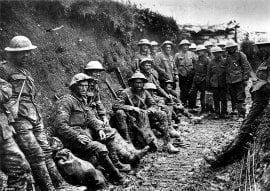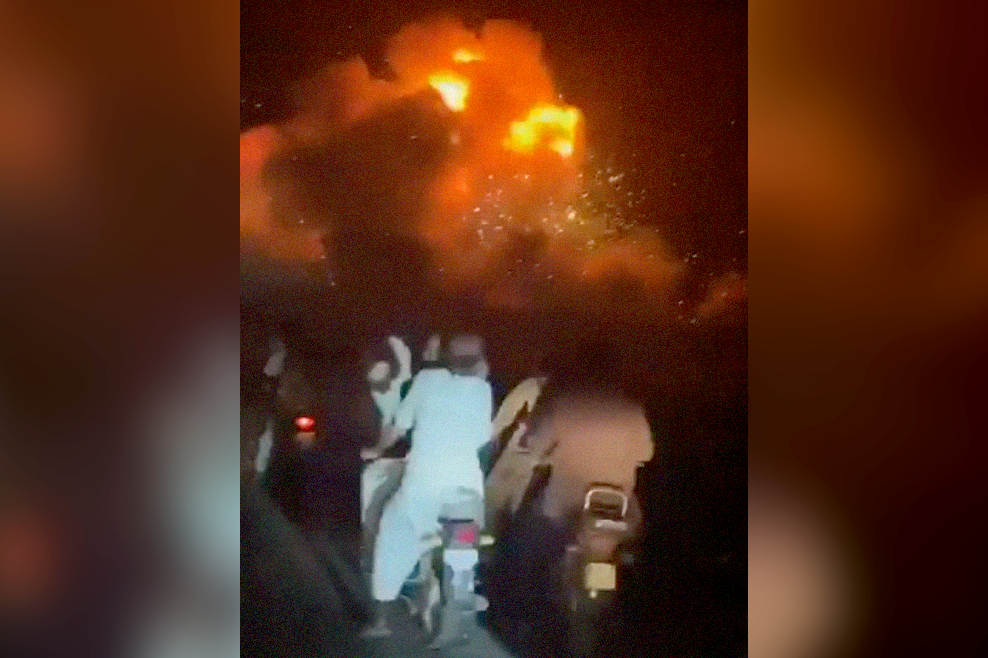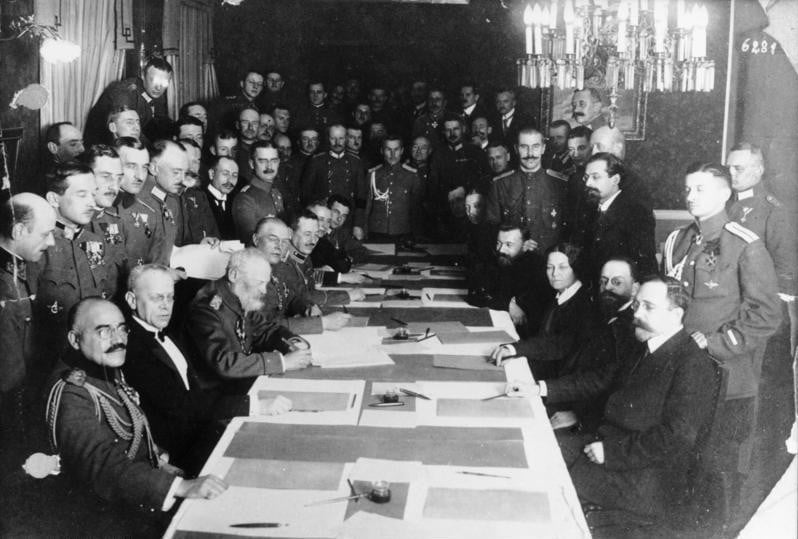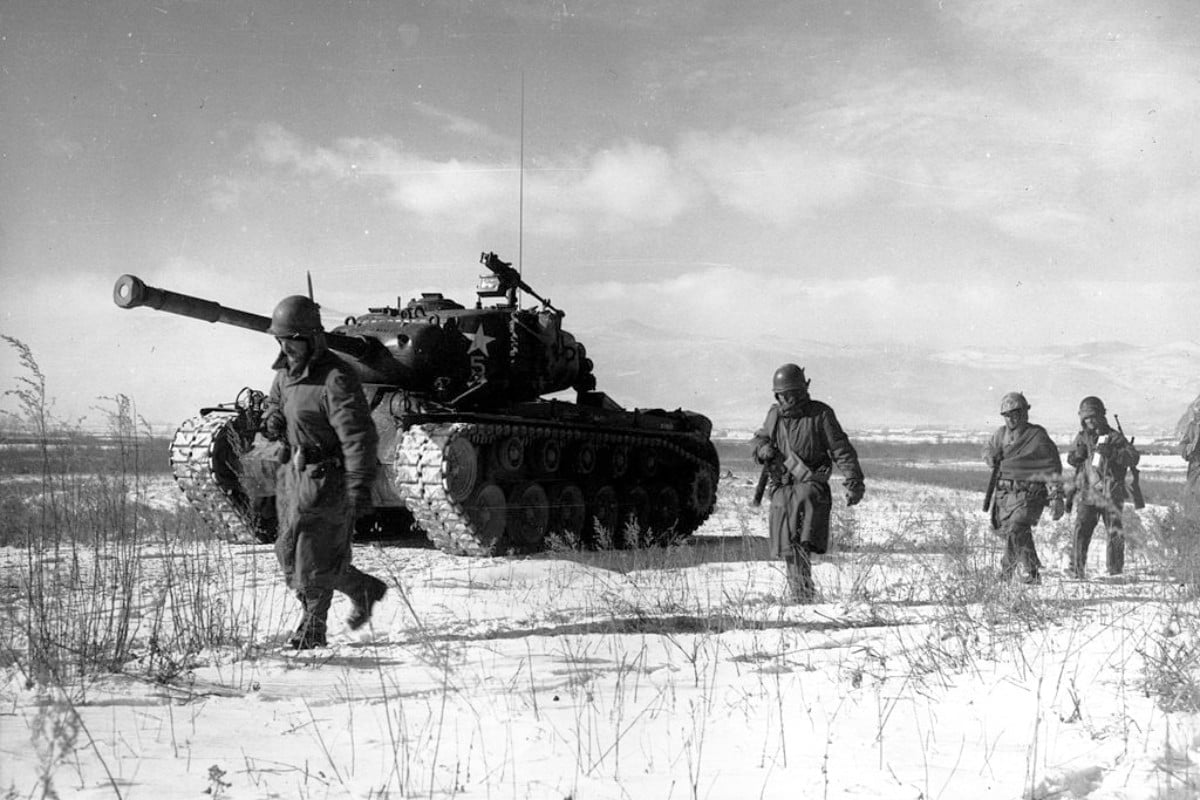Following Rememberance Day this year, 11th November, we publish this letter from Owen Walsh of the Leeds Marxists, who outlines his objections to the Poppy Appeal and the way in which the First World War is remembered by the bourgeois media and politicians. As well as remembering those who died, we must remember who sent them to their death: the capitalist and imperialist governments across the world.
Following Rememberance Day this year, 11th November, we publish this letter from Owen Walsh of the Leeds Marxists, who outlines his objections to the Poppy Appeal and the way in which the First World War is remembered by the bourgeois media and politicians. As well as remembering those who died, we must remember who sent them to their death: the capitalist and imperialist governments across the world.
For a while now I’ve held a lot of reservations about the Poppy Appeal and have been dissatisfied with Remembrance Day. The fact that something is ostensibly a good cause doesn’t exempt it from responsibilities of a political and historical nature. So, Comic Relief can seriously be accused of racism and pandering to nationalism – and similarly the Poppy Appeal has completely capitulated to militarism.
That we all want to contribute to the commemoration of millions of dead is a great thing, as is the fact that many people donate money to help those still suffering as a result of war. But that great human empathy has been twisted into its opposite by politicians, pro-capitalist historians, newspaper editors and the tops of charitable organisations. If we are serious about honouring the memory of the victims of the First World War, we ought to remember that that war was one of the greatest collective traumas and human catastrophes that people have ever managed to inflict on one another.
What’s more, the cause that those millions – a literally unimaginable number for us, a completely inadequate attempt to capture the brutal reality of a vast multitude of lives coming to a tortured end – died for was not an emancipatory one. It wasn’t a sacrifice given in good heart and good spirit. It was a result of a social and economic system which, as part of its basic functioning, had to pit whole nations against each other in war, using incredibly advanced killing machines and cynically lying to people in order to invite them to die in a foreign country defending a wealth in which most did not share. That is true of the British, German, Russian, French, Indian, African and every other group of people who sent their young people to that doom. The First World War is THE great crime of human history. And its legacy is not apolitical. It certainly should not be one which romanticises war.
In every political movement and cultural product of the era after WWI, that war left an indelible mark. The task which consumed the minds of millions of people was how to avoid such appalling loss again. For many of those people the answer was socialism – and it was their actions (first in Russia, then across Europe and most decisively in Germany) to bring about a socialist revolution that finally stopped the war.
WWI was promoted as ‘the war to end all war’ – but the only war which can end war is the class war. That is, a war against the social system which led to WWI and which still exists – and still mostly benefits the same tiny set of families. It is the system which also led to WW2 and all that entailed (the Holocaust, etc), to the Vietnam war, the Iraq war, and the situation in Iraq and Syria today. It is called capitalism and its only sacred principle is the property of the few – the ‘right’ of a few individuals to accumulate vast quantities of wealth at the expense of billions of others. Hence, slavery, world war, nuclear weapons, mass starvation alongside surpluses in food production.
Even before the word ‘socialism’ was invented, people understood that property and class society is the origin of war. These people range from the early Christians, to the English Digger movement, to French philosopher Jean-Jacques Rousseau. Once we eliminate the fetters of property we can end war. That is the lesson we can learn from the millions of victims of ruling class-organized murder. And the legacy of their surviving comrades was to fight tooth and nail against injustice wherever it happened and whoever suffered it – whether they were British or German, Italian or Ethiopian.
The fight for peace is the fight for social justice – and to seriously fight for either of these is to fight for socialism.






